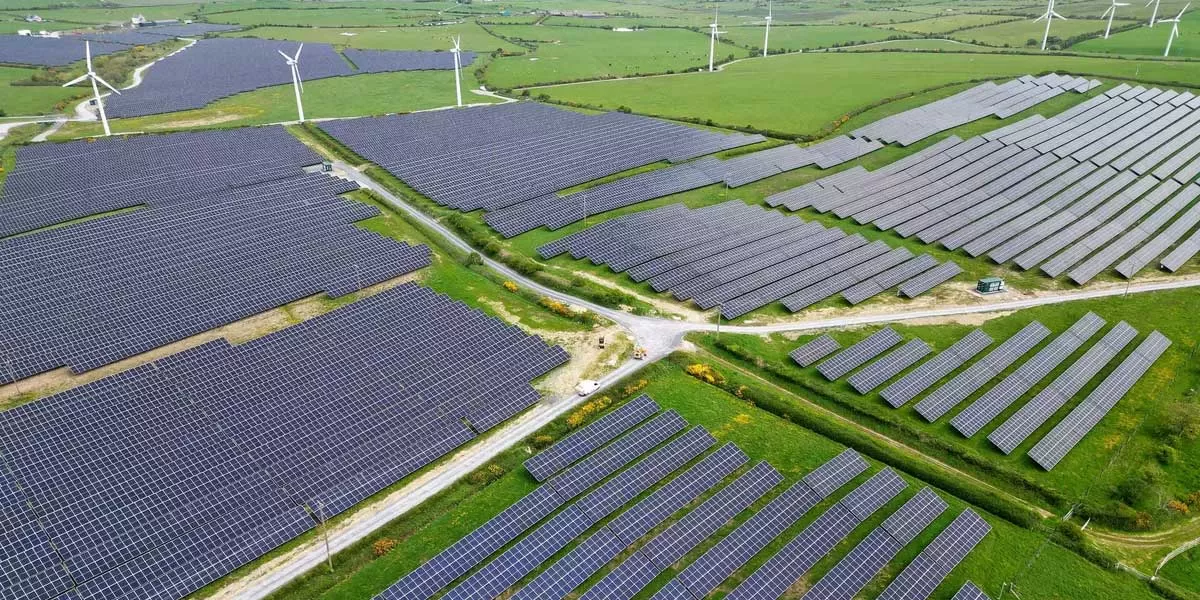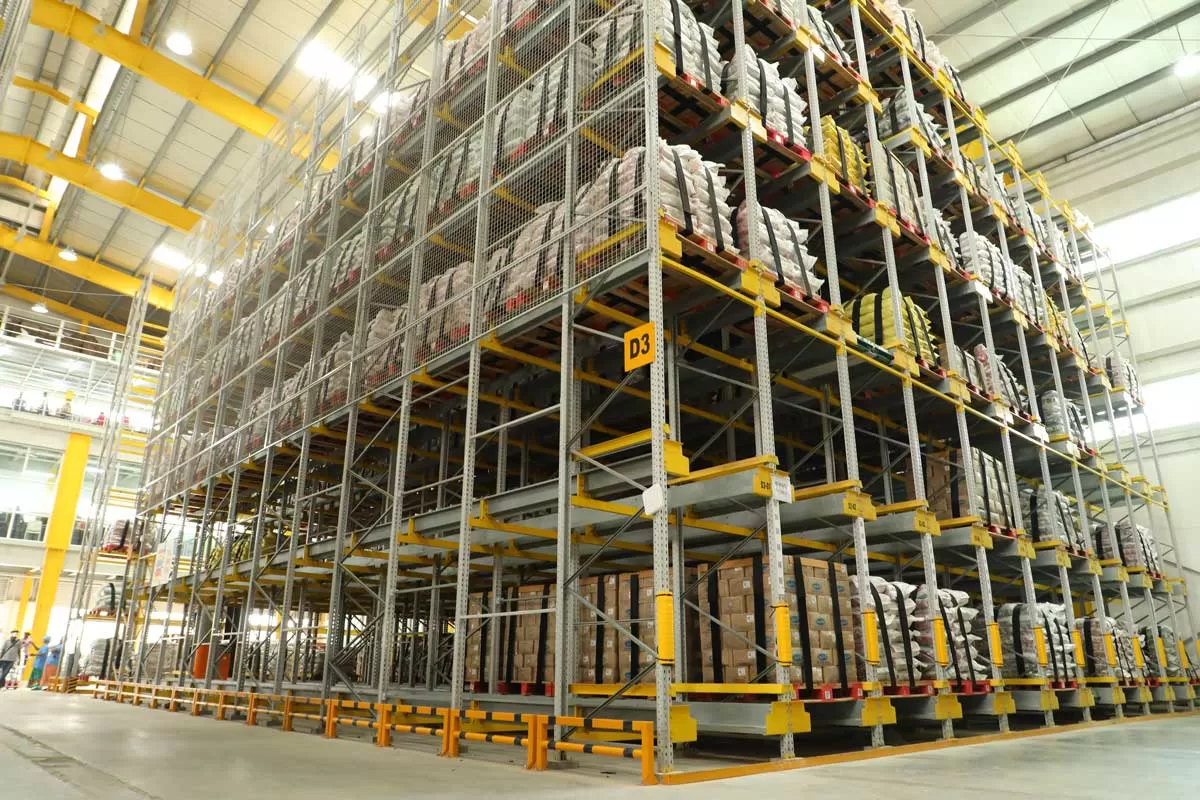

RERA’s Impact Five Years Later
The Real Estate (Regulation and Development) Act (RERA) has been one of the biggest regulatory changes made to the real estate industry in India. The RERA was passed in 2016 and went into effect in May 2017. It was created to address persistent issues like funding mismanagement, lack of transparency, and project delays. Since each state has jurisdiction over real estate, the success of RERA has mostly rested on state adoption and implementation. RERA's implementation in almost every state over the last five years represents a significant turning point in the regulatory environment for the sect..

Suba Group Opens Clarion Hotel De Renees in Gangtok
Suba Group of Hotels has officially opened the doors to its newest property, Clarion Hotel De Renees Gangtok, marking a significant milestone in the brand’s expansion in Northeast India. Inaugurated by Tshering Thendup Bhutia, Minister of Tourism, Civil Aviation, Commerce and Industries for the State of Sikkim, the hotel is strategically located in Lower Sichey, offering seamless access to the heart of Gangtok.The launch of Clarion Hotel De Renees adds to Suba Hotels’ growing presence in India’s premium hospitality sector. With 38 upscale rooms, the hotel blends refined aesthetics with c..

Storage Solutions Business of Godrej to Support India’s Quick Commerce Growth
The Storage Solutions Business of Godrej Enterprises Group is strengthening its capabilities to support the exponential rise in demand from India’s fast-paced quick commerce sector, in addition to its strong presence across e-commerce, retail, and third-party logistics (3PL). As India's warehousing landscape evolves, Godrej Enterprises Group is empowering businesses with intelligent, tech-integrated solutions that are faster, more adaptive, and built for the future.Vikas Choudaha, Business Head, Storage Solutions Business of Godrej Enterprises Group, said “With over 10 million sq ft of mot..














